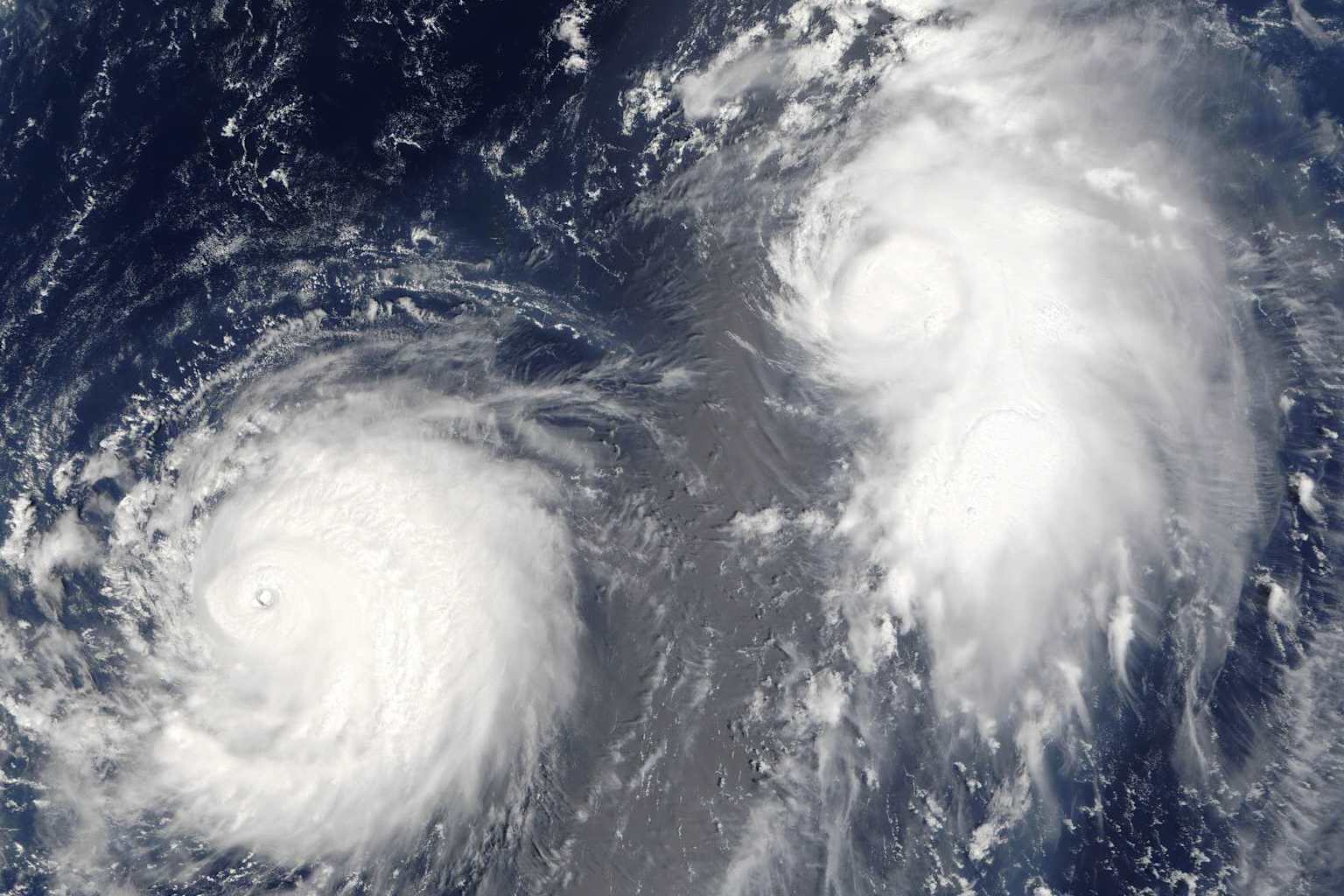- Forecasting Capabilities Face Major Hit
- Brazil Expands Tech Platform Oversight
- Economic Pressures Persist
The Trump administration's abrupt decision to cut off critical hurricane forecasting data has alarmed weather experts who warn the move will severely hamper storm predictions during an active hurricane season, as Brazil moves to hold social media companies liable for illegal content and inflation pressures continue mounting globally.
The National Oceanic and Atmospheric Administration announced it would discontinue processing microwave data from three Defense Department satellites by Monday, ending access to imagery that allows forecasters to peer inside storms and detect rapid intensification. The decision affects the Defense Meteorological Satellite Program during peak hurricane season.

Hurricane specialist Michael Lowry said the permanent loss will "severely impede and degrade hurricane forecasts for this season and beyond, affecting tens of millions of Americans who live along hurricane-prone shorelines"1. The microwave data is especially crucial for detecting when storms rapidly intensify and for nighttime observations when traditional satellite imagery becomes less effective23.
Officials at the National Hurricane Center were caught off guard by the announcement1. University of Miami hurricane researcher Brian McNoldy called the data loss "alarmingly bad news," writing on social media that "to abruptly end three active functioning satellites is insanity"2.
The decision appears to stem from Defense Department security concerns, though agencies referred questions among themselves without providing clear explanations23.
In separate regulatory action, Brazil's Supreme Court ruled 8-3 Thursday that social media platforms must immediately remove hate speech and content promoting terrorism, anti-democratic actions and other serious crimes12. The decision makes companies liable for illegal user posts even without court orders for certain content types.
The ruling allows users to sue platforms like Meta and Google for hosting problematic content after notifying companies23. Justice Luis Roberto Barroso wrote that the court sought to "preserve freedom of expression as much as possible, without, however, allowing the world to fall into an abyss of incivility"1.
Inflation data released Friday showed the Federal Reserve's preferred gauge rising to 2.3% annually in May from 2.1% in April1. Global inflation expectations are also climbing, with economists projecting a 4.0% worldwide average for 2025, up from 3.9% previously2.
"What happened this week is another attempt by the Trump administration to sabotage our weather and climate infrastructure," said Union of Concerned Scientists fellow Marc Alessi3.



